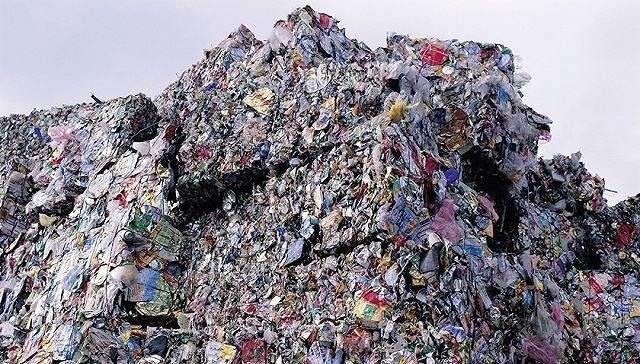This year is the last year to ban the entry of foreign garbage and promote the reform of solid waste import management system. China will basically achieve zero solid waste imports by the end of this year, said Liu Youbin, spokesman for the Ministry of Ecology and Environment, at a regular press conference held by the ministry on Tuesday.
Banning the import of solid wastes with serious environmental hazards and strong public reaction will effectively prevent the risk of environmental pollution and effectively protect people's health. Liu Youbin said that the Ministry of Ecology and Environment and the members of the inter-ministerial coordination group have jointly developed a work plan for 2020, which has significantly reduced the import of solid waste and maintained a high-pressure situation against foreign waste smuggling. The newly revised Law on Prevention and Control of Solid Waste Pollution also greatly increased the amount of fines for illegal import, dumping, depositing and disposal of solid waste.
According to statistics, as of April 30 this year, China's total solid waste imports of 2.49 million tons, down 47.3%.
"In the next step, the Ministry of Ecology and Environment will continue to work with relevant departments and regions to take landmark measures to ban foreign waste imports for ecological civilization and ensure zero solid waste imports by the end of this year." Liu Youbin said.
Persistent organic pollutants (POPs) refer to organic chemical substances that persist in the environment for a long time and have adverse effects on human health and the environment. China's current monitoring standards related to POPs in China are mainly divided into four categories: organochlorine pesticides, PCBs, brominated flame retardants and dioxins, with a total of 25 standards covering 18 types of POPs.
Bai Qiuyong, director of the ecological environment monitoring department of the Ministry of Ecology and Environment, said at a press conference that in 2019, the Ministry of Ecology and Environment participated in the Antarctic Scientific Survey and the Arctic Station-based Survey, which investigated multimedia environmental POPs combined with seawater quality, inlet river sections, the health of marine ecosystems and other projects to monitor the mercury content in the marine ecological environment media. "The Ministry of Environment will integrate POPs monitoring into the national environmental monitoring system and continuously push the application of relevant scientific research results to continuously improve monitoring capabilities and levels."

